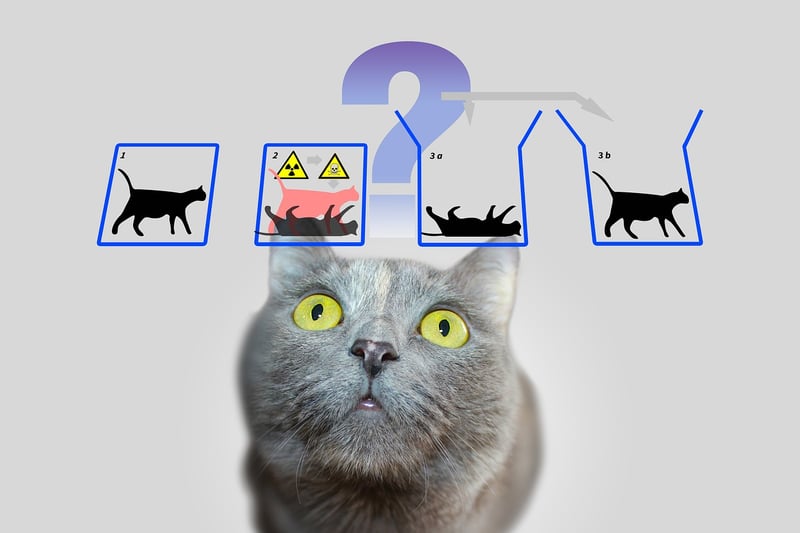Grandfather Paradox
Navigating Time Conundrums and the Grandfather Paradox
Time travel has been a fascinating topic in science fiction for decades, inspiring countless stories and theories about its possibilities and consequences. One of the most intriguing aspects of time travel is the concept of paradoxes, particularly the Grandfather Paradox.
The Grandfather Paradox
The Grandfather Paradox is a classic time travel conundrum that raises the question: what happens if a time traveler goes back in time and prevents their own grandfather from meeting their grandmother, thus preventing their own birth?
This paradox creates a logical inconsistency – if the time traveler was never born, how could they have traveled back in time to prevent their own existence in the first place?
Navigating Time Conundrums
While the Grandfather Paradox may seem like an unsolvable puzzle, various theories have been proposed to reconcile these time travel conundrums:
- Novikov Self-Consistency Principle: This principle suggests that any actions taken by a time traveler in the past were already part of the past and did not change the present or future.
- Parallel Universes: Some theories propose that time travel creates branching timelines, where changes in the past lead to the creation of alternate universes.
- Fixed Timeline: In this theory, events in the past are fixed and cannot be changed, meaning that any attempt to alter the past would be futile.
Conclusion
While the Grandfather Paradox and other time travel conundrums may challenge our understanding of cause and effect, they also fuel our imagination and curiosity about the nature of time. Whether time travel is ever achievable or not, exploring these paradoxes can lead to fascinating discussions and insights into the fabric of the universe.

For more intriguing articles and discussions on time travel and paradoxes, visit Space.com.
